The Pain Series: Part 1 - Pain Is More Than Meets The Eye
PART 1: PAIN IS MORE THAN MEETS THE EYE
When I meet new people and they find out I'm a Physiotherapist, it's almost as if I've said: "tell me all about your different aches and pains!"
Wherever I am, when people know what I do, they'll usually start talking about their pain and ask for advice on it.
It comes with the territory of being a Physio.
I do, however, have a fascination with pain. Obviously not being in it, but studying it further in my spare time. So I don't mind hearing people's stories of pain.
I usually hear many similar stories, or pain patterns, between people. But specific stories, especially ones I heard at the beginning of my career, really intrigued me.
A story that stands out is one told by a pain researcher in my early university days. This story was about a man with excruciating hand pain.
Doctors could not find a cause of this man's pain, but it was clear to them this pain was real.
He tried everything to stop the pain in his hand, and everything he tried came to no avail.
Eventually he couldn't handle the pain any longer and desperately wanted it gone. He was so desperate that he went on the hunt to find a surgeon who would amputate his hand.
After going to many surgeons who declined, finally, he found one who agreed to the surgery.
Not long later, the surgery was complete, and his hand was now gone.
Some time post-surgery and after all healing had taken place, you'd think the pain would now be gone, right?…………. Wrong!
The same pain, at the same intensity, still existed in this man's hand….. A hand that now wasn't there.
This is not a one-off story, this type of pain is not uncommon in people who have had limbs amputated and it is a type of pain known as Phantom Pain.
This was one story of many that piqued my interest. I heard many more stories and saw many pain-patterns in patients, which demonstrated to me there was something more to pain than meets the eye. Pain wasn't just something physical.
This is what lead me to study pain in greater depth.
When most other Physiotherapists were studying different massage techniques or something similar, I took courses and read books on pain and the brain.
So when people now ask for advice on their pain, you could say that I'm the right person to answer this question for them.
However, giving an answer is never straightforward.
Most of the time, it's not the acute pain people are wanting advice for. Acute pain is pain after an injury or a health ailment that lasts only a short amount of time.
It's usually pain of the chronic type they are asking about. Pain that lasts longer than 6-12 weeks.
And chronic pain is complex.
I mean, everyone has their remedies that help MANAGE chronic pain, which do have their place, and I will go through them in Part 3 of this series. However, to OVERCOME pain, a different approach is needed.
This 4 part series of articles is my answer to the pain questions I get and the different approach that is needed.
I'll put everything I know about pain into these articles to not only help you manage pain but also help to overcome it.
To get started, here is a short video by the New South Wales Government.
This video explains pain a lot better than I could in 5 minutes.
Click to watch and learn below.
UNDERSTANDING PAIN
This is an excellent video educating on what pain really is and how to deal with it.
It is targeted toward younger people in chronic pain; however, do NOT be deterred by this.
Everything mentioned in this video still applies to those of all ages.
Now that’s it for Part 1 of The Pain Series. In finishing this part, I want you to remember this:
PAIN IS NOT A NORMAL SYMPTOM OF AGING.
IT IS POSSIBLE TO BE PAIN-FREE.
UP NEXT:
In PART 2, we’ll see how this new model of pain relates to seniors, with reference to a specific common pain-related condition (arthritis).
In PART 3, we’ll cover ways to manage pain. And….
In PART 4, we'll cover ways to overcome pain, for good.
CONTINUE TO - PART 2 - THE REAL CAUSE OF PAIN.

